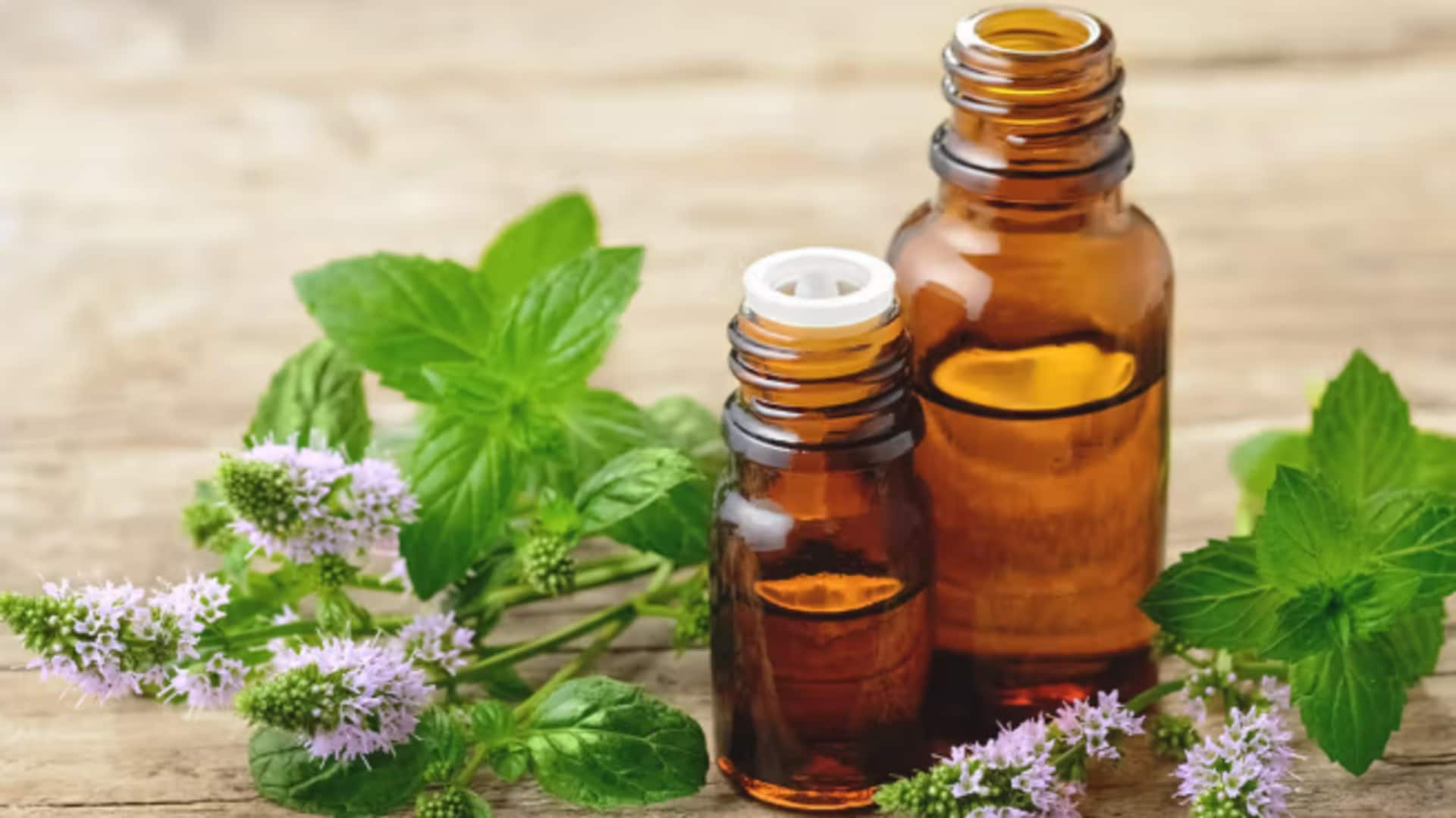
Peppermint oil: Miracle solution or a myth?
What's the story
Peppermint oil is frequently promoted as a natural cure-all, with advocates claiming it can alleviate everything from headaches to digestive discomfort. Its invigorating aroma and cooling effect have undoubtedly contributed to its appeal among fans of natural remedies. That said, it's always important to scrutinize the science (or lack thereof) behind such assertions to distinguish reality from wishful thinking.
Myth 1
The cooling cure for headaches
Rubbing peppermint oil on your forehead is thought to relieve headache symptoms because it contains menthol that provides a cooling effect. However, there isn't much scientific evidence to prove it works for anything beyond mild headaches. Research suggests it can help a bit, but don't rely on it for chronic or severe headaches.
Myth 2
A sniff away from relief
Myth: Inhaling peppermint oil will cure your headache Fact: While the aroma of peppermint can be relaxing and potentially help with tension headaches by reducing stress, it's not a cure-all for every type of headache. Headache treatments are usually more comprehensive, addressing the root cause and often involving other therapies.
Myth 3
The end-all be-all solution
Believing peppermint oil cures all headaches is a headache. Headaches stem from different sources, be it dehydration or tension. Relying solely on peppermint oil can be risky and delay proper treatment for potentially serious conditions. Peppermint oil provides temporary comfort for minor headaches, but identifying the underlying cause and seeking advice from healthcare professionals is key to managing them effectively.